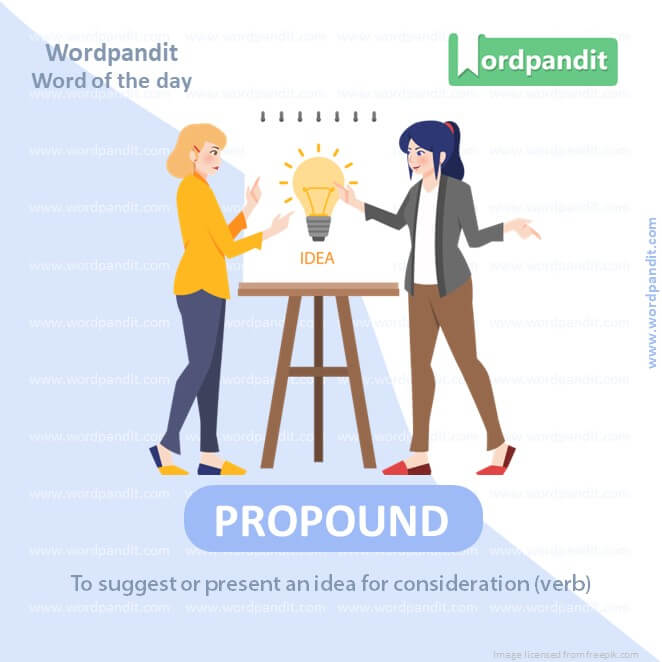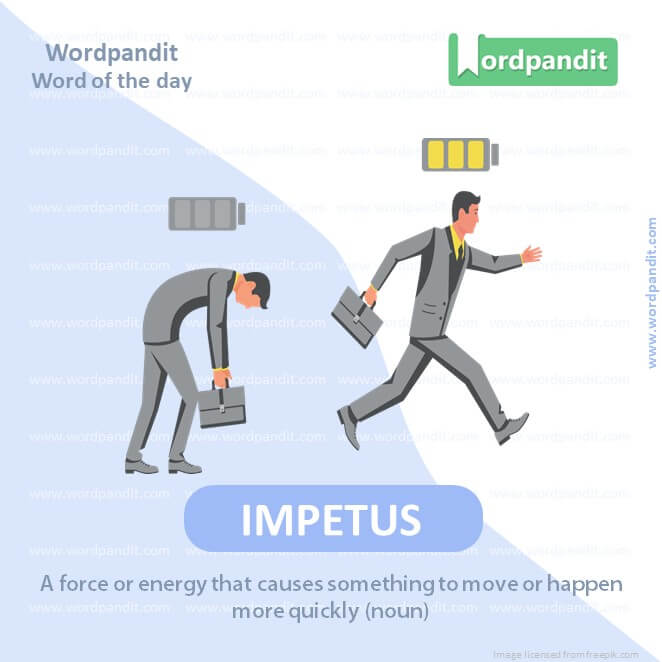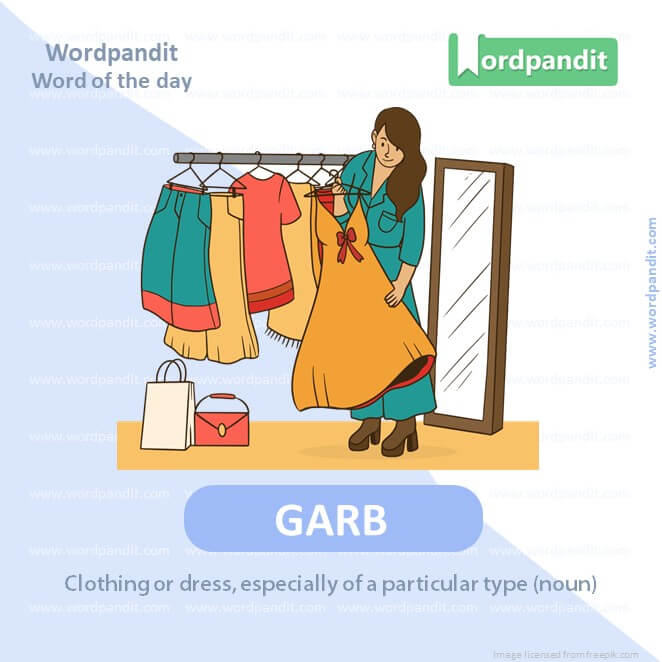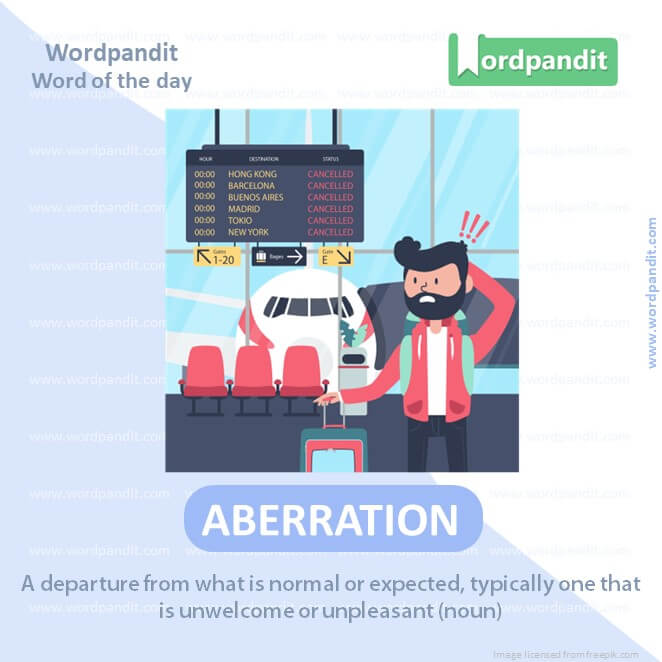Daily Vocabulary Words: List of Daily Used Words
Hi there. Welcome to this special section @ Wordpandit.
Our endeavour here is straightforward: highlighting important daily vocabulary words, you would encounter in The Hindu. This is your repository of commonly used words; essentially, we are posting a list of daily used words. Hence, this has significant practical application as it teaches you words that are commonly used in a leading publication such as The Hindu.
Visit the website daily to learn words from The Hindu.

WORD-1: PROPOUND
CONTEXT: The government’s ‘simultaneous elections’ agenda goes much further than the other ideas of ‘oneness’ it propounds; it will spell a deepening of centralisation.
SOURCE: The Hindu
EXPLANATORY PARAGRAPH: Imagine if you had a new idea about building a treehouse and wanted to tell your friends about it. To tell them your idea, you’d “propound” it. That means to present or suggest something for people to think about or consider.
MEANING: To suggest or present an idea for consideration (verb).
PRONUNCIATION: pro-POUND
SYNONYMS: suggest, present, put forward, offer, pose, submit.
USAGE EXAMPLES:
1. Mary decided to propound her new theory in class.
2. The scientist propounded a groundbreaking idea.
3. At the meeting, Jonathan propounded a new strategy for the project.
4. The author propounded several solutions in his book.

WORD-2: IMPETUS
CONTEXT: It would be dangerous to dismiss the fresh impetus to introduce “simultaneous” elections to the Lok Sabha and the State Assemblies as yet another gimmick in the run-up to the next general election scheduled for 2024.
SOURCE: The Hindu
EXPLANATORY PARAGRAPH: Think of a little push you give to your toy car to make it go faster. That push is like an “impetus”. It’s a force or energy that makes something move or happen faster.
MEANING: A force or energy that causes something to move or happen more quickly (noun).
PRONUNCIATION: IM-puh-tus
SYNONYMS: momentum, drive, push, thrust, boost, spur.
USAGE EXAMPLES:
1. His encouragement was the impetus she needed to finish the race.
2. The rocket gained impetus as it soared into the sky.
3. The new law gave impetus to the reforms.
4. The advertisement provided an impetus to the product’s sales.

WORD-3: GIMMICK
CONTEXT: It would be dangerous to dismiss the fresh impetus to introduce “simultaneous” elections to the Lok Sabha and the State Assemblies as yet another gimmick in the run-up to the next general election scheduled for 2024.
SOURCE: The Hindu
EXPLANATORY PARAGRAPH: Imagine a toy that makes a funny noise when you press a button. That funny noise is a special trick or “gimmick” that makes the toy interesting. A gimmick is like a special trick or feature that makes something stand out.
MEANING: A trick or feature designed to attract attention or interest (noun).
PRONUNCIATION: GIM-ik
SYNONYMS: trick, stunt, ploy, tactic, device, scheme.
USAGE EXAMPLES:
1. The company’s latest product has a gimmick to attract kids.
2. Many TV shows use gimmicks to keep viewers entertained.
3. The magician’s best gimmick was making a coin disappear.
4. That advertisement has a catchy gimmick.

WORD-4: GARB
CONTEXT: The idea is being sold under the garb of saving expenditure and avoiding the disruption of administration during elections. The argument that elections somewhere in the country throughout the year disrupt ‘hard work and good governance’ and are an expense we can ill-afford is a simplistic one. It yet appeals to a section of an electorate that is unhappy with bureaucratic and insensitive governance.
SOURCE: The Hindu
EXPLANATORY PARAGRAPH: Garb is just another fancy word for clothes or outfits. Like, when you dress up as a pirate for Halloween, you’re wearing pirate garb.
MEANING: Clothing or dress, especially of a particular type (noun).
PRONUNCIATION: GAR-b
SYNONYMS: attire, dress, clothing, outfit, costume, apparel.
USAGE EXAMPLES:
1. The knights wore their ceremonial garb.
2. Tourists often wear casual garb while exploring the city.
3. The tribe had a unique garb that they wore during festivals.
4. She looked elegant in her traditional garb.

WORD-5: ABERRATION
CONTEXT: The rise in disasters is a trend, not an aberration. Headlines this year alone have brought a relentless wave of bad news across the world, from severe flooding in China to destructive wildfires in Europe and Hawaii to the hottest month ever on record in July. This is set to become the new normal if more action isn’t taken.
SOURCE: The Hindu
EXPLANATORY PARAGRAPH: Imagine if you always have chocolate ice cream, but one day, you tried strawberry just to do something different. That one time you had strawberry could be called an “aberration”, because it’s different from what you usually do. It’s a fancy word for something unusual or different from the norm.
MEANING: A departure from what is normal or expected, typically one that is unwelcome or unpleasant (noun).
PRONUNCIATION: ab-er-RAY-shun
SYNONYMS: anomaly, deviation, irregularity, exception, oddity.
USAGE EXAMPLES:
1. The sudden storm in summer was an aberration.
2. His angry outburst was an aberration from his usually calm demeanor.
3. Seeing a snowfall in the desert was a true aberration.
4. The company’s decline in profits this year was an aberration.
WORD-6: PERVERSELY
CONTEXT: And perversely, it is the most vulnerable countries and communities which are paying the greatest price despite having contributed least to the problem. The majority of the 50 countries most vulnerable to climate change also suffer from severe debt issues.
SOURCE: The Hindu
EXPLANATORY PARAGRAPH: Imagine doing the opposite of what you’re supposed to, just because you feel like it. Like, if everyone is coloring inside the lines, and you color outside the lines on purpose. That’s doing something “perversely”. It means doing something in a way that’s different from what’s expected, sometimes just to be stubborn.
MEANING: In a way that shows a deliberate and obstinate desire to behave unreasonably or wrongly (adverb).
PRONUNCIATION: per-VERS-lee
SYNONYMS: stubbornly, contrarily, obstinately, willfully, waywardly.
USAGE EXAMPLE:
1. He perversely decided to walk in the rain without an umbrella.
2. She perversely refused to follow the clear instructions.
3. Even with warnings, he perversely continued his actions.
4. Perversely, she seemed to enjoy the chaos around her.
WORD-7: MITIGATION
CONTEXT: Yet, there is also good news. First, we have the solutions for both adaptation and mitigation at hand. The SDGs remain our best blueprint for peace and prosperity, together with commitments made in Paris to limit global warming to 1.5°C, and the global framework for reducing disaster risks — the Sendai Framework for Disaster Risk Reduction. Eight years into the implementation of the Sendai Framework, progress is severely lacking. However, in May this year, UN member states committed to accelerate resilience building with renewed urgency.
SOURCE: The Hindu
EXPLANATORY PARAGRAPH: Imagine if you had a big, tall tower of blocks and you were worried it might fall over. If you removed a few blocks from the top to make it shorter and safer, you’d be doing “mitigation”. That means making something less severe, dangerous, or harmful.
MEANING: The action of reducing the severity, seriousness, or painfulness of something (noun).
PRONUNCIATION: mit-i-GAY-shun
SYNONYMS: alleviation, reduction, diminution, lessening, relief.
USAGE EXAMPLE:
1. The city is taking measures for flood mitigation.
2. The project focuses on the mitigation of traffic congestion.
3. New laws were introduced for the mitigation of environmental harm.
4. Proper planning can lead to the mitigation of potential problems.
WORD-8: BLUEPRINT
CONTEXT: Yet, there is also good news. First, we have the solutions for both adaptation and mitigation at hand. The SDGs remain our best blueprint for peace and prosperity, together with commitments made in Paris to limit global warming to 1.5°C, and the global framework for reducing disaster risks — the Sendai Framework for Disaster Risk Reduction. Eight years into the implementation of the Sendai Framework, progress is severely lacking. However, in May this year, UN member states committed to accelerate resilience building with renewed urgency.
SOURCE: The Hindu
EXPLANATORY PARAGRAPH: Think of a treasure map, but instead of finding treasure, it shows you how to build something, like a house or a toy. That map is called a “blueprint”. It’s a detailed plan or design of how something should be made.
MEANING: A design plan or other technical drawing (noun).
PRONUNCIATION: BLUE-print
SYNONYMS: plan, design, scheme, layout, map.
USAGE EXAMPLE:
1. The architect showed us the blueprint for our new house.
2. Before starting any project, it’s essential to have a clear blueprint.
3. The machine’s blueprint was intricate and detailed.
4. They followed the blueprint carefully to build the model.
WORD-9: RESILIENCE
CONTEXT: Yet, there is also good news. First, we have the solutions for both adaptation and mitigation at hand. The SDGs remain our best blueprint for peace and prosperity, together with commitments made in Paris to limit global warming to 1.5°C, and the global framework for reducing disaster risks — the Sendai Framework for Disaster Risk Reduction. Eight years into the implementation of the Sendai Framework, progress is severely lacking. However, in May this year, UN member states committed to accelerate resilience building with renewed urgency.
SOURCE: The Hindu
EXPLANATORY PARAGRAPH: Imagine if you squeezed a sponge and it went back to its original shape after you let go. That sponge has “resilience”. It means the ability to bounce back or recover quickly from difficulties or challenges.
MEANING: The capacity to recover quickly from difficulties; toughness (noun).
PRONUNCIATION: re-ZIL-yens
SYNONYMS: toughness, strength, robustness, adaptability, flexibility.
USAGE EXAMPLE:
1. The city showed great resilience after the earthquake.
2. Children often surprise us with their resilience.
3. Physical training can improve one’s resilience.
4. The team’s resilience was evident when they won the match after a tough start.
WORD-10: PANDEMIC
CONTEXT: Many lessons are being learned from the COVID-19 pandemic, including on the importance of systems-wide disaster risk reduction, resilience, and adaptation. The crisis not only revealed our vulnerability to risk, but also forged new ways of working together, including through digital innovations, such as computer modelling and India’s CoWIN digital vaccine system.
SOURCE: The Hindu
EXPLANATORY PARAGRAPH: Imagine a lot of people all over the world getting sick from the same illness at the same time. That’s called a “pandemic”. It’s like a big, global sickness.
MEANING: An outbreak of a disease that occurs over a wide geographic area and affects an exceptionally high proportion of the population (noun).
PRONUNCIATION: pan-DEM-i
SYNONYMS: outbreak, epidemic, plague, contagion, widespread illness.
USAGE EXAMPLE:
1. The world had not seen a pandemic of this scale since the Spanish Flu.
2. Scientists are researching ways to prevent future pandemics.
3. The government’s response to the pandemic was criticized.
4. Travel restrictions were imposed due to the pandemic.







